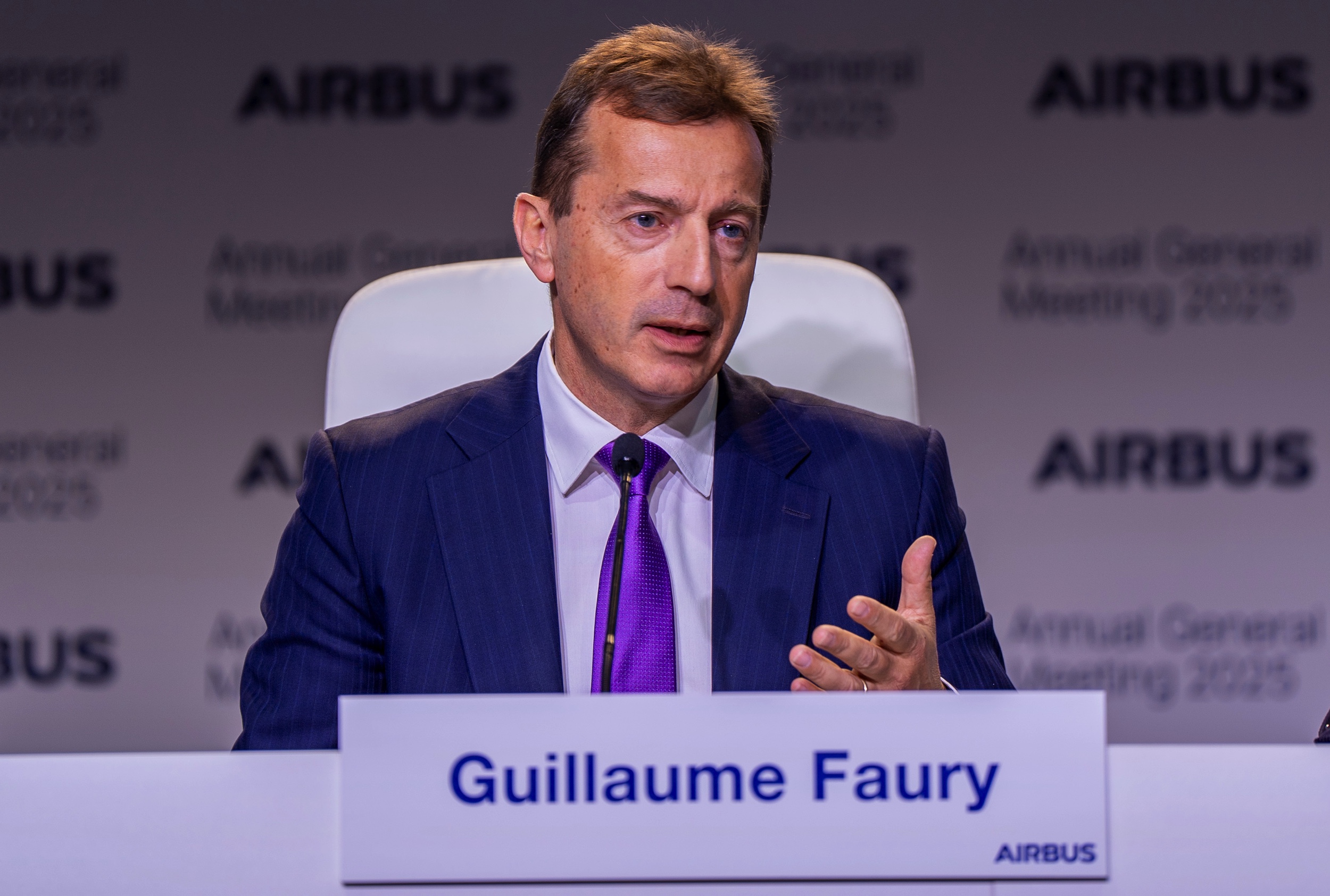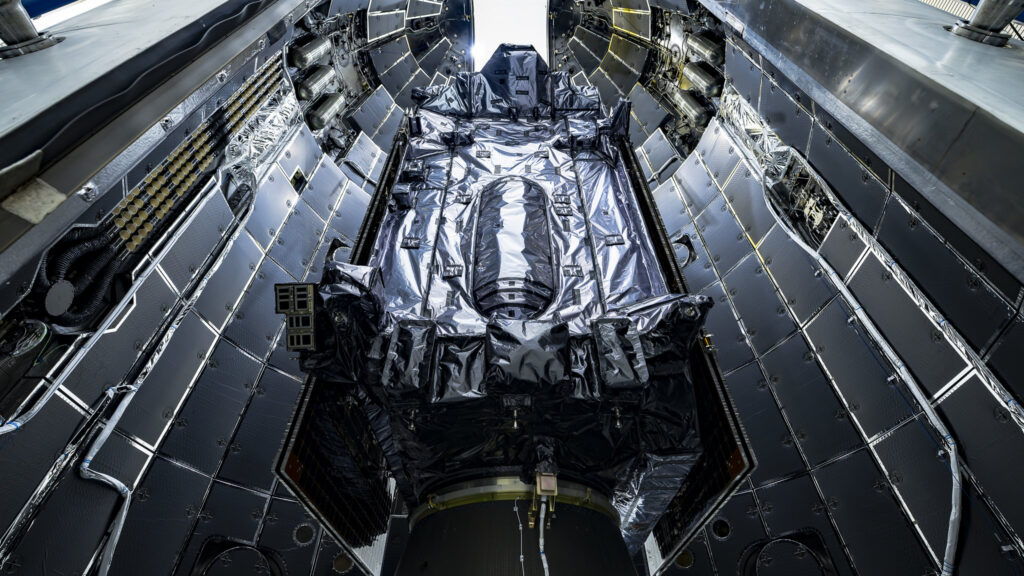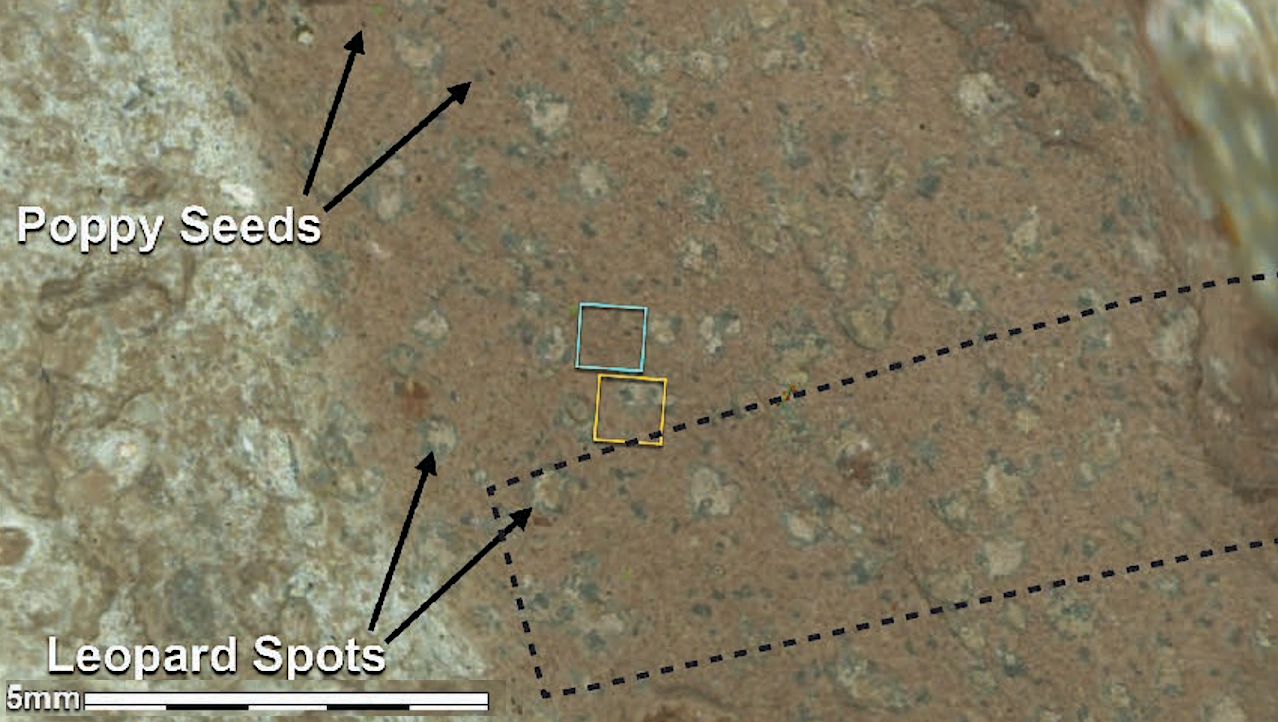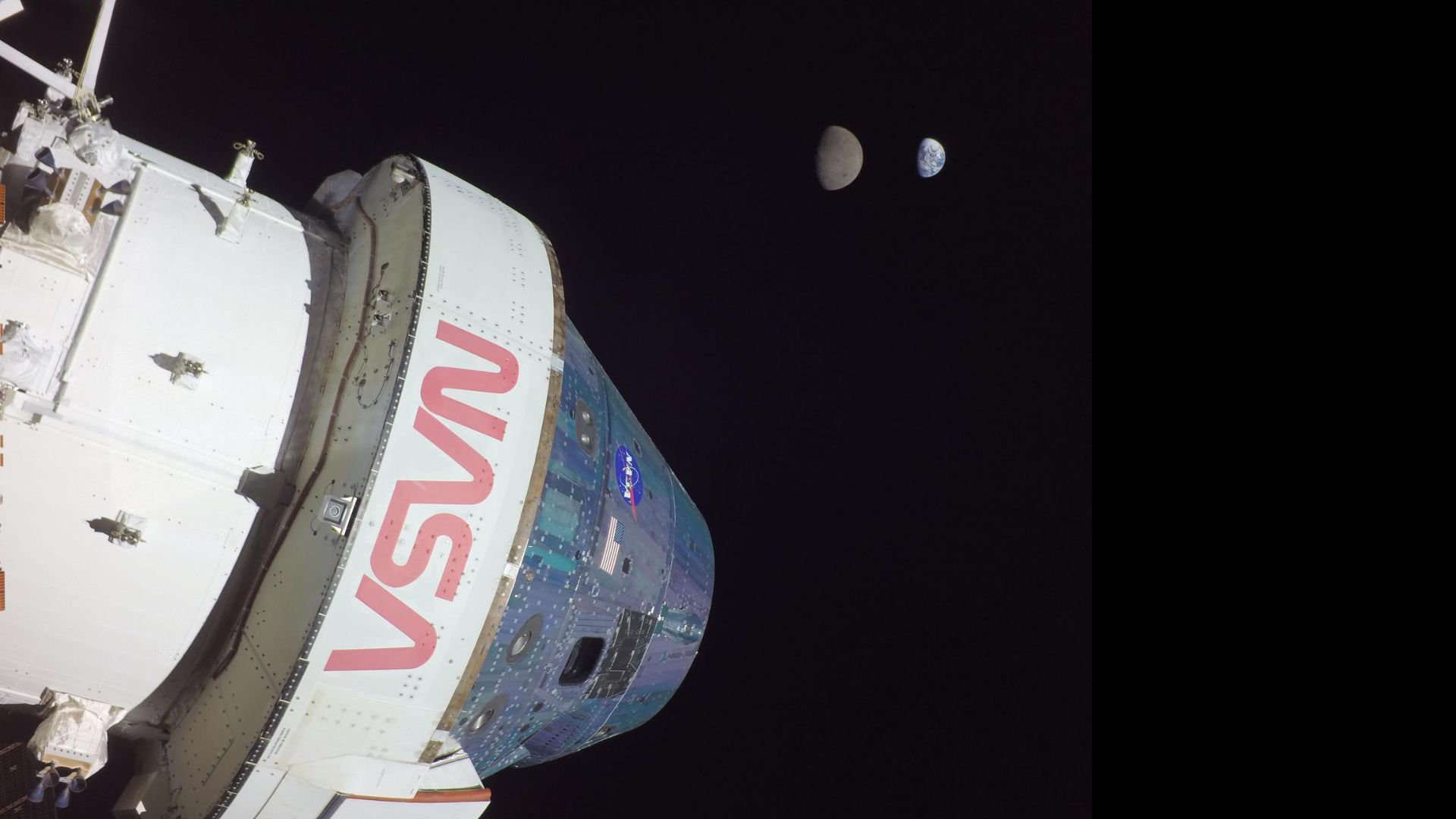Now Reading: Airbus CEO ‘very committed’ to combination of European space businesses
-
01
Airbus CEO ‘very committed’ to combination of European space businesses
Airbus CEO ‘very committed’ to combination of European space businesses


WASHINGTON — The chief executive of Airbus says he is still “very committed” to combining his company’s space business with those of two other European firms.
Speaking on the sidelines of the Global Aerospace Summit here Sept. 9, Guillaume Faury said Airbus is continuing discussions with Thales Alenia Space and Leonardo about some kind of combination of their satellite businesses to make them more competitive against American rivals.
“We are on the way,” he said, a process that includes due diligence reviews among the companies as well as other stakeholders. That process also includes planning for antitrust reviews in Europe.
He did not offer a timeline for completing that process and deciding whether to proceed with some kind of combination. At the Paris Air Show in June, Roberto Cingolani, chief executive of Leonardo, said he expected a “go/no-go” decision on the proposed combination by the end of July.
The deadline passed without a public announcement. In individual earnings calls in late July, Cingolani and Faury, as well as Patrice Caine, chief executive of Thales, said those discussions were ongoing but offered few additional details.
Faury, at the Global Aerospace Summit, reiterated his desire to find some kind of combination of the companies’ space businesses. “We are in the process of doing it,” he said. “We’re still very committed to the project.”
During briefings at the Paris Air Show, executives with some of the companies argued that bringing their space businesses together into a “European champion” was necessary to remain competitive.
“In Europe, if we step back, there is a lot of fragmentation in terms of projects, fragmentation in terms of players as well,” said Alain Fauré, head of space systems at Airbus Defence and Space, during one such briefing. Bringing the three companies’ space businesses together, he said, “can create a synergy.”
Those executives cautioned, though, that once the companies reach an agreement to bring their space units together, it could be as long as two years to close the deal because of regulatory reviews. “We have a couple of years waiting for the antitrust,” Cingolani said, “to create the company.”
Stay Informed With the Latest & Most Important News
Previous Post
Next Post
-
 01Two Black Holes Observed Circling Each Other for the First Time
01Two Black Holes Observed Circling Each Other for the First Time -
 02From Polymerization-Enabled Folding and Assembly to Chemical Evolution: Key Processes for Emergence of Functional Polymers in the Origin of Life
02From Polymerization-Enabled Folding and Assembly to Chemical Evolution: Key Processes for Emergence of Functional Polymers in the Origin of Life -
 03Astronomy 101: From the Sun and Moon to Wormholes and Warp Drive, Key Theories, Discoveries, and Facts about the Universe (The Adams 101 Series)
03Astronomy 101: From the Sun and Moon to Wormholes and Warp Drive, Key Theories, Discoveries, and Facts about the Universe (The Adams 101 Series) -
 04True Anomaly hires former York Space executive as chief operating officer
04True Anomaly hires former York Space executive as chief operating officer -
 05Φsat-2 begins science phase for AI Earth images
05Φsat-2 begins science phase for AI Earth images -
 06Hurricane forecasters are losing 3 key satellites ahead of peak storm season − a meteorologist explains why it matters
06Hurricane forecasters are losing 3 key satellites ahead of peak storm season − a meteorologist explains why it matters -
 07Thermodynamic Constraints On The Citric Acid Cycle And Related Reactions In Ocean World Interiors
07Thermodynamic Constraints On The Citric Acid Cycle And Related Reactions In Ocean World Interiors


















